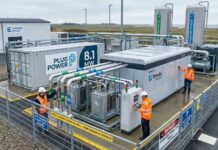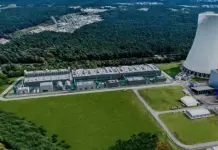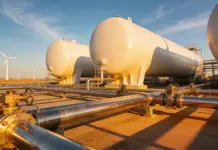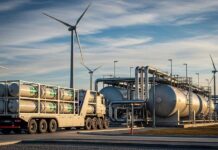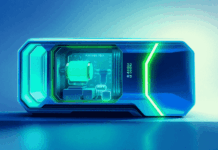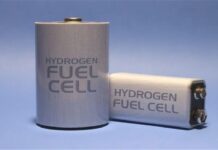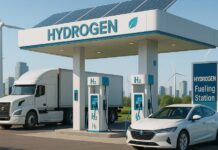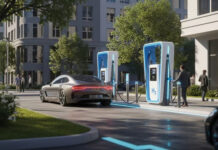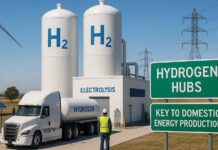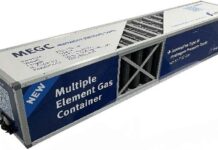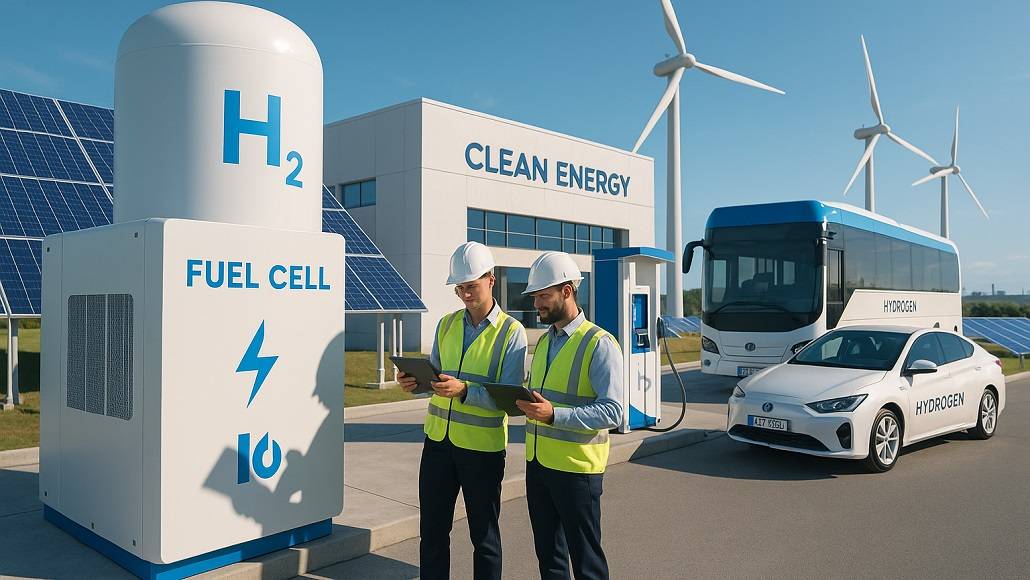This podcast discusses how hydrogen fuel cells are on the verge of being a game-changing solution for addressing the rising issues of energy reliability, sustainability, and added grid stresses when considering the increasing priority for electrification. Electricity use is dramatically increasing – driven largely by the almost exponential growth in technologies like AI – while existing legacy power grids are facing a huge capacity and resiliency crisis; all while it’s clear we need cleaner, decentralized sources of power.
Listen to the Podcast:
Here are some of the most noteworthy highlights regarding hydrogen fuel cells and their role in advancing a more sustainable energy future:
-
Grid challenges and the call for innovation
Ageing power systems in the United States cannot fulfill increased energy demands and are still pricing users for system services that are no longer guaranteed. Severe weather causes outages, and at generators that depend on an infrastructure model that was never designed to accommodate distributed resources. Consumers and companies incur unnecessary costs associated with interruptions, underscoring the importance of alternative approaches to centralised grids.
-
How hydrogen fuel cells work
Here is a quick overview of how hydrogen fuel cells produce energy. Essentially, hydrogen and oxygen are combined through an electrochemical process that results in energy and water vapour. Hydrogen fuel cell technology is known for its clean, safe, and efficient capabilities when it comes to energy. It is able to provide energy for large-scale applications, including residential buildings, with very little environmental impact.
-
Environmental and operational benefits
Fuel cells produce absolutely zero carbon emissions. As a result, they are beginning to improve how we consider sustainability in our society. Hydrogen fuel cells help reduce the impact of grid failure. They can support local electricity supply as well as increase resilience it those cases where climate change may be contributing to natural disasters.
-
Integration with renewable energy
Hydrogen fuel cells can help facilitate renewables by converting excess power generated through wind or sunlight into hydrogen fuel that can then be used to converted back into electricity. This eliminates the intermittency of renewables, making green energy steadier and more reliable.
-
Cost and space efficiency
Fuel cells are well-suited for rural or off-grid locations because they are small and require minimal maintenance. Fuel cells encourage long-term energy storage and allow you to manage supply and demand cycles without expensive infrastructure changes.
-
Current and future applications
Hydrogen fuel cells are already employed in data centres to reduce carbon emissions and ensure continuous operation. They also power zero-emission transportation such as buses and trains, demonstrating their widespread applicability across industries.
-
Challenges and the path forward
The high initial costs, as well as the necessity for powerful hydrogen production and delivery infrastructure, continue to be hurdles. However, continued R&D efforts and supportive government regulations are projected to reduce prices and enhance scalability, leading to wider use.
Finally, hydrogen fuel cells are one of the most important keystones for a sustainable, resilient, and decentralised energy future. Fuel cells built to overcome grid constraints and seamlessly interact with renewables have emerged as a leading method to reduce emissions while improving energy security, serving as a stimulant for technical demands in the future.
Download Podcast:
You can download the podcast directly
Additional Resources:
For more details on Hydrogen Fuel Cells: A Solution for Sustainable Energy, check out the original article:
Hydrogen Fuel Cells: The Future of Sustainable Energy by Hydrogen Informs.


